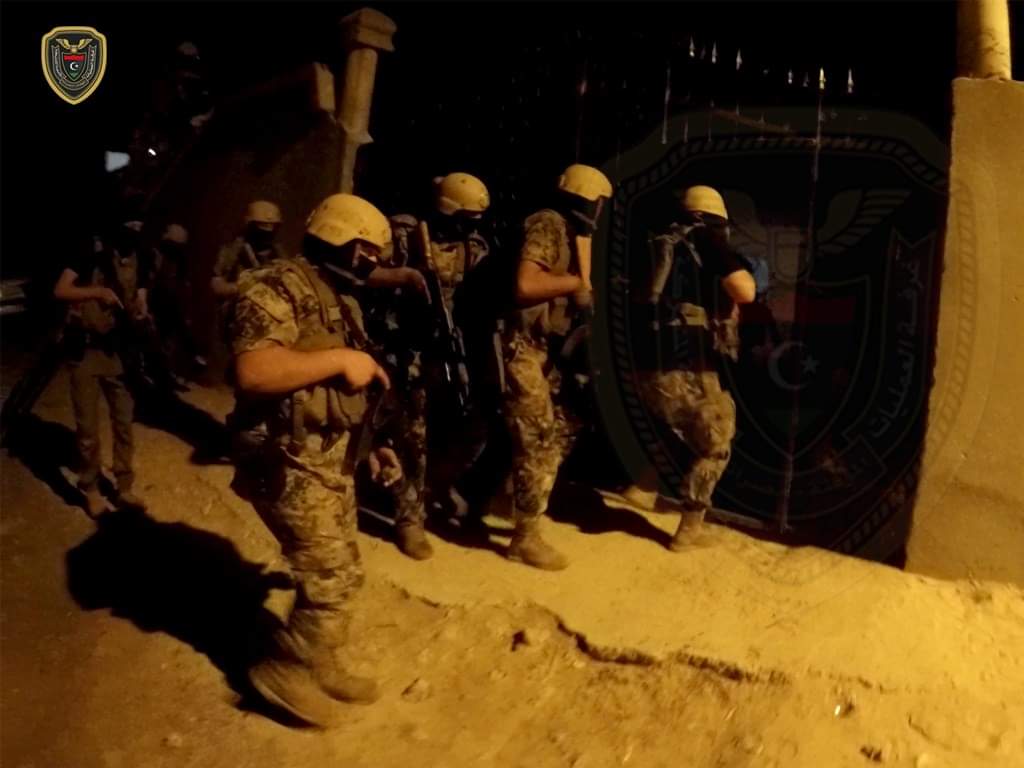 The United Nations Secretary General Antonio Guterres underscored that the Libyan Political Agreement signed under the aegis of the UN in Skhirat, Morocco, in December 2015, remains the transitional framework for peace and reconciliation in the North African country.
The United Nations Secretary General Antonio Guterres underscored that the Libyan Political Agreement signed under the aegis of the UN in Skhirat, Morocco, in December 2015, remains the transitional framework for peace and reconciliation in the North African country.
The UN chief who was participating in a high-level event on Libya organized Wednesday on the sidelines of the UN General Assembly said “There is no military solution. Violence has only dimmed hopes for peace, undermined institutions, damaged Libya’s vast economic potential and exported instability to the region”.
Expressing confidence that there is an opportunity for a political solution in Libya, he stressed the crucial need to fashion a Libyan-led and Libyan-owned political solution and voiced the world body’s strong commitment to help Libyans build stability, security and national unity.
This will also help address broader regional and international issues such as terrorism, violent extremism, instability and migration, he said.
Antonio Guterres then detailed his Organization’s strategy for achieving these goals, which seeks, he said, to reinvigorate an inclusive political process, build credibility with the Libyan people, strengthen security arrangements and national security architecture, coordinate international engagement, improve socio-economic conditions, support migrants and uphold long-standing international norms on migration, and secure predictable support for humanitarian assistance.
The UN secretary General’s Special Representative for Libya, Ghassan Salamé, also pointed out that the Skhirat agreement is the inescapable reference point on which to make progress in the reconciliation and stabilization process in Libya.
The Libyan Political Agreement led to the formation of the Government of National Unity (GNA). Chaired by Prime Minister Fayez al Sarraj, the Tripoli-based GNA enjoys recognition from the international community, but failed to extend its authority over the entire Libyan territory, particularly due to the opposition of Marshal Khalifa Haftar, who controls the eastern part of the country.
Ghassan Salamé conceded that the 2015 agreement “needed some small adjustments”, but made it clear that it cannot be replaced.
He announced that technical meetings are scheduled for September 26 between the experts of the two Libyan rival assemblies to “draft together (…) some amendments” that will allow, he said, a broader support among Libyans to the LPA.
In his address, Guterres said his Special Representative will strive to unify and consolidate the various initiatives, and to promote dialogue towards the formation of a unified national government and the immediate end of parallel institutions. Unifying military and security institutions is critical, he insisted.


